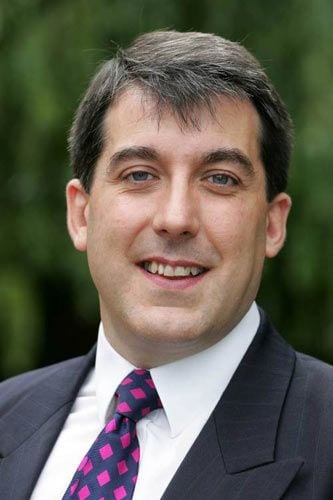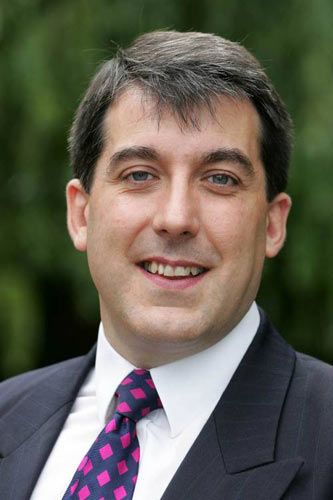Published by Gbaf News
Posted on October 3, 2012

Global Banking and Finance Review is an online platform offering news, analysis, and opinion on the latest trends, developments, and innovations in the banking and finance industry worldwide. The platform covers a diverse range of topics, including banking, insurance, investment, wealth management, fintech, and regulatory issues. The website publishes news, press releases, opinion and advertorials on various financial organizations, products and services which are commissioned from various Companies, Organizations, PR agencies, Bloggers etc. These commissioned articles are commercial in nature. This is not to be considered as financial advice and should be considered only for information purposes. It does not reflect the views or opinion of our website and is not to be considered an endorsement or a recommendation. We cannot guarantee the accuracy or applicability of any information provided with respect to your individual or personal circumstances. Please seek Professional advice from a qualified professional before making any financial decisions. We link to various third-party websites, affiliate sales networks, and to our advertising partners websites. When you view or click on certain links available on our articles, our partners may compensate us for displaying the content to you or make a purchase or fill a form. This will not incur any additional charges to you. To make things simpler for you to identity or distinguish advertised or sponsored articles or links, you may consider all articles or links hosted on our site as a commercial article placement. We will not be responsible for any loss you may suffer as a result of any omission or inaccuracy on the website.
Published by Gbaf News
Posted on October 3, 2012

By Bill Trueman, CEO of fraud prevention consultancy UKFraud
With the recent high profile cases of senior fraud and online security managers being caught perpetrating fraudulent activity, there has been a degree of shock across the corporate world, combined with an initial feeling of helplessness. This is the worst thing that can happen in financial and banking organisations where one would expect the very tightest security to prevail. After all, if you can’t trust those executives in the most credible organisations who were specifically recruited to identify and counter fraudulent financial behaviour, then what can you do to ensure that your own organisation does not become a victim. The word victim is used advisedly, as internal fraud is not a victimless crime; rather it impacts in varying degrees on management, staff, shareholders and customers. 
Any crime committed by those in a position of trust is far more serious, so the penalties should surely be far higher than normal. This is particularly true with fraud prevention mangers that cheat. However, it does seem that once an internal fraudster is caught, that any offer to ‘return funds in return for a leverage for legal plea bargaining should be disallowed. The ideal must be for companies to find ways to decipher and identify such practices and to eradicate them at ground level.
Still reeling from the shock of the media coverage of the latest betrayals, UKFraud asked its independent corporate fraud prevention SIG (Special Interest Group) to draw up a new set of benchmarks which will help organisations identify the signs that something is awry from ground level up. The SIG also defined and deciphered the most effective strategies for countering these risks. The Corporate Fraud Prevention SIG consists of leading fraud prevention consultants from across a range of industries, coupled with a wide range of fraud industry skill sets. The aim of the SIG is to analyse approaches taken to fraud in the corporate sector and to make recommendations for change at local, national and global levels.
According to the SIG’s research, the most likely signs of wayward behaviour by fraud and security management are relatively easy to spot and yet often overlooked. They include:
A leading member of the SIF is Malcolm Gardner. Malcolm is the CEO of fraud prevention consultancy Freevision Ltd. He believes that the situation may be worse than many fear. In his view, “Typically, when fraud or security managers are caught, it is either because they went too far, having become complacent, or where there has been a tip off. This tends to suggest that those who are caught might simply be the tip of the iceberg. With sectors such as the online market, now so very tempting to fraudster, it can also be tempting for internal cheats too. Corporations need to be sure of their staff and need to put the right systems in place to help the loyal staff who are the ones still working for the good of the company.”
So to conclude it is especially negative situation whenever any fraudster is identified within a business as they are the person who has the responsibility for fraud prevention themselves. IT is a complete betrayal. The first step in planning the fight back is finding these people and then managing the problem. The trouble is that many of them are exceptionally well hidden. Whether one can ever be 100% certain that there is no problem internally is probably too much to expect. However my belief, is that if you start to introduce the kind of checks and measures the SIG has outlined, there is every chance that the risk will be minimised or driven away.